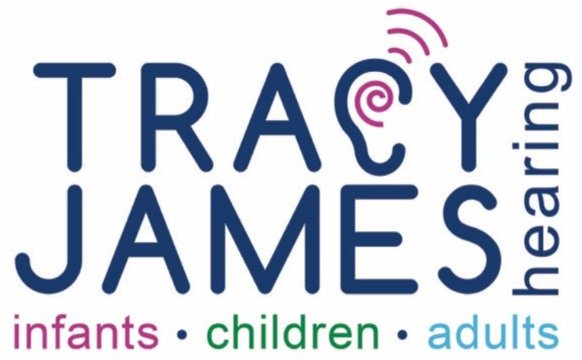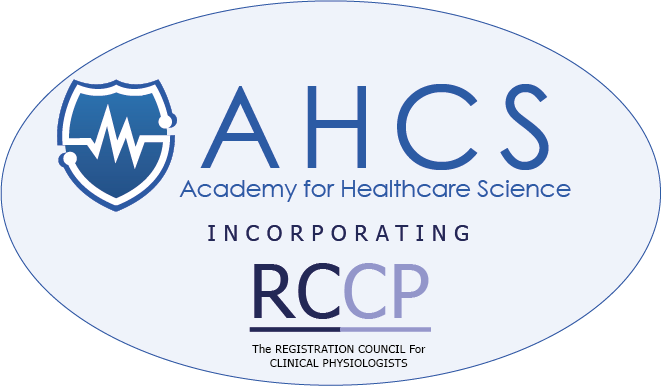What is the difference between a hearing aid dispenser and an audiologist?
Welcome to the forth and final episode in this four part series, unraveling the world of private hearing aid providers. Written by our very own Independent Audiologist Tracy James MSc CAC RHAD.
Each month Tracy has let you in to this undiscovered world, and the ‘need to knows’ of the industry, ensuring you are fully informed when it comes to making choices regarding your hearing health.
Topic 4: What is the difference between a hearing aid dispenser and an audiologist?
You may wonder what the difference is, and how this relates to their experience and skill? Who should you see? How do I know they’re fully qualified to see me? Explore this below….
First of all, the similarities…
Both hearing aid dispensers (HAD) and audiologists can fit hearing aids, test your hearing, look in your ears and diagnose hearing loss.
Next, the differences:
A Hearing Aid Dispenser (HAD) undertakes the minimum of a foundation degree qualification in audiology and is often supported by their place of work (or Supervisor) to complete the training and takes around 1-2 years to complete. Anybody who works in the private sector and fits hearing aids is required by law to be registered with the Health Profession and Care Council (HCPC) as a HAD.
A registered Audiologist undertakes a BSc as the minimum training and most often has experience in the NHS. This takes at least 3 years to complete and includes a 1-year clinical placement (usually in the NHS). If they want to work in the private sector, they also have to register as a HAD.
The difference between a HAD and a registered Audiologist usually relates to the level of experience around more complex, non-routine cases.
An Audiologist who has worked in the NHS is likely to have come across more complex hearing tests, ear conditions and diagnoses and will most likely have been involved in diagnostic work. An Audiologist may also have experience in balance (vestibular) and paediatric work, as well as working with other related professionals, such as Ear Nose and Throat Consultants (ENT) and Speech and Language Therapists. Be mindful however, that such differences vary for each individual (and depends on their level of experience and previous work), regardless of what role they’re employed in.
A HAD who has worked only in the private sector is likely to have observed more routine cases of hearing loss and ear health, as more complex cases are referred to the NHS anyway. In addition, their experience and skill will be limited by their supervision in their workplace – which often in the private sector may be a handful of people.
A registered Audiologist will have undertaken supervision in-house by a range of different supervisors who will be able to share their knowledge and skills during training. A registered Audiologist is also likely to have experienced a range of different clinical settings, such as domiciliary, supporting ENT and larger teaching hospitals. All audiologists who work in the NHS must registered with the Academy for Healthcare Science RCCP register as a recognition of standards.
An apprentice or assistant audiologist / HAD are not qualified to fit hearing aids but they may be employed to carry out basic hearing tests and other routine / basic procedures such as hearing aid repairs, earmould impression taking.
You may have noticed that I (Tracy James) am registered as a Clinical Scientist (CS) in Audiology as well as a HAD. A CS is also a registered profession with the HCPC and the Association of Clinical Scientists (ACS). This requires a minimum of post-graduate qualification, 2 years of post-qualification experience and evidence of scientific research and practice in their work. Most CS work in senior or management positions due to their level of knowledge and experience. Many have specialisms that can be broader or specific across all fields of Audiology, including: vestibular assessment and rehabilitation, paediatric audiology and complex hearing losses in adults, diagnostics and/or clinical research.
Audiologist is NOT a protected title!
Clinical Scientists and Hearing Aid Dispensers are protected titles. That means, you can’t call yourself any of these titles if you’re not registered as one. However, Audiologist is NOT a protected title, so some HADs call themselves Audiologists, regardless. If you are looking specifically for an Audiologist or a CS, then you should check if the individual is registered as such.
To check your hearing professional’s credentials, you can:
Check the title that they’re using
Ask to see their registration certificate – or it may be displayed at their place of work.
Check their name against the HCPC (for HAD or CS) or Academy for Healthcare Science for RCCP registered audiologists. Here you can see if their registration is up to date and if there have been any misconduct noted in the register.
Supply information to the register if you believe you’ve experienced misconduct or bad practice by a registered professional.
In summary:
By law, you must be registered as a HAD in order to fit and supply hearing aids in the private sector. Registered Audiologists and CS in Audiology are likely to have greater knowledge, experienced more complex and a variety of cases in their career, as well as vestibular and paediatric work. You can check their name against the register, to validate their experience and title used.
Written By Tracy James MSc CAC RHAD
Glossary of terms:
HCPC – Health and Care Professions Council
RCCP - Registration Council for Clinical Physiologists (RCCP) now found under the Academy for Healthcare Sciences Professional Registration
HAD – Hearing Aid Dispenser
ACS – Association of Clinical Scientists
CS – Clinical Scientist
Please note: information believed to be correct at the time of writing.




